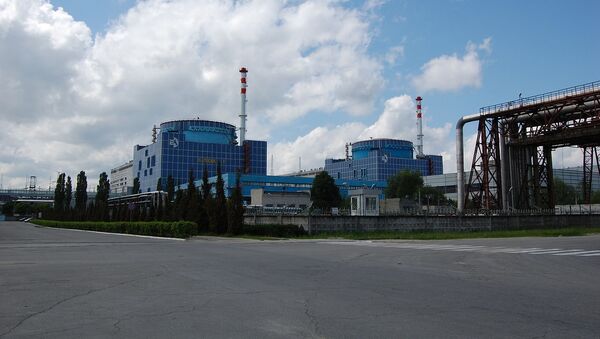MOSCOW, November 20 (Sputnik) — Nuclear power should be considered as a stable primary energy source aimed at mitigating climate change, the International Atomic Energy Agency (IAEA) said in a report Thursday.
“Climate change mitigation is one of the salient reasons for increasingly considering nuclear power in national energy portfolios. Other reasons include fears of sustained high fossil fuel prices, price volatility and supply security,” the report published on the organization’s website stated.
“Nuclear power belongs to the set of energy sources and technologies available today that could help meet the climate-energy challenge,” the report added.
According to the organization, the greenhouse gases emissions from nuclear power plants are negligible and nuclear power is among the lowest carbon emitters.
Nuclear energy would help prevent the speculated 60 percent increase in carbon emissions by 2050, relative to 2011, the IAEA says. According to its report, the increase will be caused by growing energy demands and high reliance on fossil-fuels as a primary energy source.
However, the IAEA admits that following Japan’s 2011 Fukushima Daiichi NPP disaster, the public has been reluctant to accept nuclear power as a primary source of energy.
“Concerns about nuclear energy regarding radiation risks, waste management and proliferation still exist and influence public acceptance,” the report stated.
The IAEA affirms that following the Fukushima disaster, the agency’s Action Plan on Nuclear Safety outlines measures that improve emergency preparedness and reduce the possibility of such accidents reoccurring.
Earlier in November, the United Nations Intergovernmental Panel on Climate Change (IPCC) released a report indicating that carbon emissions need to be brought down to zero by 2100 if the optimal global warming level of below two degrees Celsius (3.6 degrees Fahrenheit) is to be maintained. To attain this target, carbon emissions should drop by 40 to 70 percent globally between 2010 and 2050.



